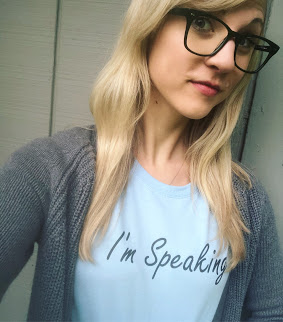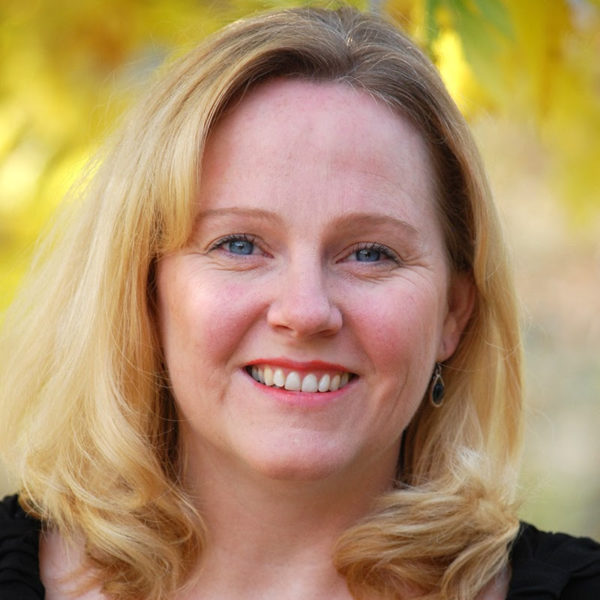The Washington State Legislature will reconvene for a regular session on January 11, 2021. As always public education will be a topic for policy discussion.
What should be the education-related priorities for the Washington State Legislature in 2021? Read over the thoughts of a few Stories from School bloggers below, then we’d love to hear from you in the comments: What do YOU think our state officials should focus on in this next session?

Emma-Kate Schaake: Let’s Pause to Reimagine “Normal”
At the risk of sounding too glib, I keep thinking of the (perhaps misattributed) Churchill quote “never let a good crisis go to waste.” While COVID-19 has been undeniably devastating, I do believe we have an opportunity to reimagine what “normal” looks like. Broad standardization measures like state testing and Core 24 perhaps had a place in the “before times,” but I wonder what we really need to reinstate. As it stands now, there is simply no room for elective core classes, at least in my discipline, if we want students to graduate on time. Instead of truly honoring different learning styles, we expect students to be traditionally school successful, and if they’re not, they are deemed remedial and they take credit recovery online where the goal is simply passing, not engaging, authentic learning. What if graduating really felt like a personalized accomplishment, not just boxes to check?

Gretchen Kruden: Remember our Paramount Duty to All
In Article IX, section 1 of the Washington Constitution states, “It is the paramount duty of the state to make ample provision for the education of all children residing within its borders.” The legislators need to be thinking deeply about the equity issues embedded in the word “all” of this section. We have students who have had little to no educational access for almost nine months running due to a variety of issues beyond the control of schools. This includes families who cannot provide home support in learning, lack of internet connectivity and a movement by some parents to simply not have their children enrolled in school at this time. Perhaps it is time we examine other ways we can structure our school year model to compensate for this loss of learning time as we move forward.

Mark Gardner: Soon-to-be-Grads Deserve Flexibility
In the short term, we have to develop some clear flexibility for the graduating classes of 2021 and 2022. In a typical high school, the 24-credit mandate already leaves little wiggle room for missteps. While there are certainly silver linings (students for whom remote/hybrid learning is working just fine, or even better than brick and mortar attendance), there are plenty of students for whom this has been a worst case scenario and a confluence of factors beyond their control. I hope the legislature gives a high level of local control around credit flexibility, and easing of testing and pathway requirements.

Lynne Olmos: Invest in the Present and Future of WA Ed
I think legislators can support education in a few ways. First, they need to continue to value teachers. They can do that by maintaining the National Board bonuses and supporting districts with funds to avoid layoffs. This is no time to lose dedicated teachers! They should also focus on equity issues. In particular, technology access, support for English language learners, and special education need to be at the forefront. We absolutely need to deemphasize standardized tests right now. Whatever gets the love of learning back is what we need most, not test prep. Proactive solutions are what we need, not unrealistic demands for educators to solve the whole pandemic crisis (while risking our health, too). Preserve the resources we have; allocate more. Clearly, our public schools have been crucial to the support of our communities during these trying times. Empower them to progressively meet the challenges of the future.
What about you, readers? What do YOU think should be the public ed priorities for the coming lawmaking session? Add a comment below!